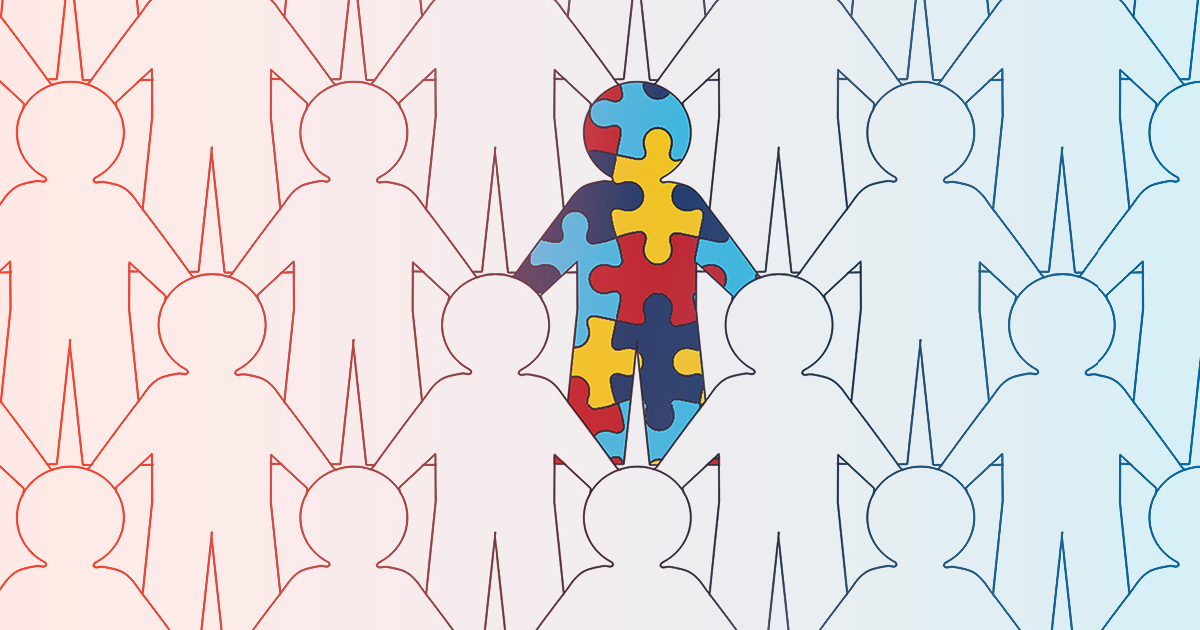
Autism Spectrum Disorder (ASD) is a complex neurodevelopmental condition that affects individuals in various ways. Despite increased awareness in recent years, misconceptions and myths about autism still persist in society. In this blog, we aim to delve into the realities of autism, dispel common myths, and emphasize the importance of embracing neurodiversity.
What is Autism?
Autism Spectrum Disorder is a developmental disorder that impacts communication, social interaction, and behavior. It is termed a “spectrum” disorder because it encompasses a wide range of symptoms, skills, and levels of impairment. While some individuals with autism may require significant support in daily life, others may function relatively independently.
Dispelling Myths
Myth 1: All individuals with autism are alike
Reality: Autism is a spectrum disorder, meaning each individual’s experience with autism is unique. While some may have difficulty with communication and social interaction, others may excel in specific areas such as mathematics, music, or art.
Myth 2: Autism is caused by bad parenting or vaccines
Reality: There is no single cause of autism. Research suggests a combination of genetic and environmental factors contribute to its development. Extensive studies have debunked the myth that vaccines cause autism. Autism is not a result of inadequate parenting; rather, it is a neurological difference that individuals are born with.
Myth 3: Individuals with autism lack empathy
Reality: Contrary to popular belief, individuals with autism are capable of empathy. They may express empathy differently or struggle to interpret social cues, but this does not mean they lack empathy altogether. Understanding and supporting their unique way of expressing emotions is crucial.
Myth 4: Autism is a childhood disorder that individuals outgrow.
Reality: Autism is a lifelong condition. While symptoms may change over time and with appropriate support, autism remains a fundamental aspect of an individual’s identity. With early intervention and support, individuals with autism can lead fulfilling lives and achieve their potential.
Embracing Differences
Instead of viewing autism as a deficit, it’s essential to recognize and celebrate the strengths and talents of individuals on the autism spectrum. Many individuals with autism possess remarkable abilities, such as attention to detail, creative thinking, and a unique perspective on the world.
Promote Inclusivity: Create inclusive environments where individuals with autism feel accepted and valued. Encourage neurodiversity in schools, workplaces, and communities.
Educate Others: Spread accurate information about autism to dispel myths and reduce stigma. By fostering understanding and empathy, we can create a more inclusive society.
Advocate for Support Services: Advocate for accessible support services, including early intervention programs, educational resources, and employment opportunities for individuals with autism.
Listen to Autistic Voices: Amplify the voices of individuals with autism and involve them in decision-making processes that affect their lives. Their insights and experiences are invaluable in shaping supportive communities.
Understanding autism requires moving beyond stereotypes and misconceptions to embrace the diversity of human experience. By dispelling myths, promoting inclusivity, and listening to autistic voices, we can create a more compassionate and inclusive society where individuals with autism are empowered to thrive. Let’s celebrate differences and build a world where everyone is accepted for who they are.
At Shinon Healthcare, we recognize the importance of supporting individuals with autism and promoting awareness and acceptance. Through our commitment to providing quality healthcare services, we aim to contribute to creating a more inclusive society where everyone has the opportunity to live their best lives. Join us in advocating for a world where differences are celebrated and all individuals are valued for their unique contributions.